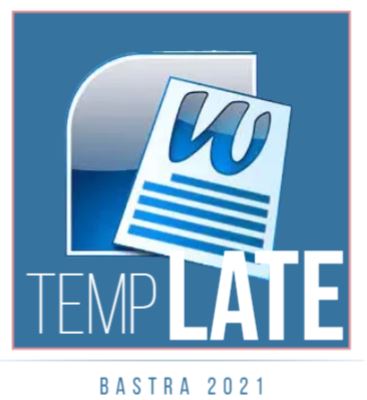DIMENSI SUFISTIK PUISI-PUISI SAPARDI DJOKO DAMONO
Keywords:
mystical literature, transcendental, semioticsAbstract
The main purpose of this research is to reveal mystical aspects within Sapardi Djoko Darmono’s poetries found in “Hujan Bulan Juni” poetry collection. Those poetries are “Sajak Desember”, “Dalam Doaku”, “Berjalan ke Barat Waktu Pagi Hari”, “Dalam Diriku”, “Hujan Bulan Juni”, “Aku Ingin”, and “Ajaran Hidup”. This research applied qualitative method of analysis with semiotic approach. Applying semiotic approach, the researcher searched for what is considered as the main markers/ signs of the poetries, analyzed the words which are used denotatively and connotatively, run paradigmatic analysis, and conducted syntagmatic analysis to discover mystical aspects within the poetries. Life lessons that can be taken from Sapardi Djoko Darmono’s mystical poetries is that life in this world is just temporary. There is still more immortal life that is life after death. Resignation to Allah swt, the almighty God, can be done by repenting totally only to Allah, being conscious of errors and mistakes while asking for mercies.
Downloads
Published
How to Cite
Issue
Section
License
Authors who publish with PENTAS agree to the following terms:
Authors retain copyright and grant the Engagement right of first publication with the work simultaneously licensed under a Creative Commons Attribution License (CC BY-SA 4.0) that allows others to share (copy and redistribute the material in any medium or format) and adapt (remix, transform, and build upon the material) the work for any purpose, even commercially with an acknowledgement of the work's authorship and initial publication in BASTRA.
Authors are able to enter into separate, additional contractual arrangements for the non-exclusive distribution of the journal's published version of the work (e.g., post it to an institutional repository or publish it in a book), with an acknowledgement of its initial publication in BASTRA.
Authors are permitted and encouraged to post their work online (e.g., in institutional repositories or on their website) prior to and during the submission process, as it can lead to productive exchanges, as well as earlier and greater citation of published work (See The Effect of Open Access).

This work is licensed under a Creative Commons Attribution-ShareAlike 4.0 International License.








